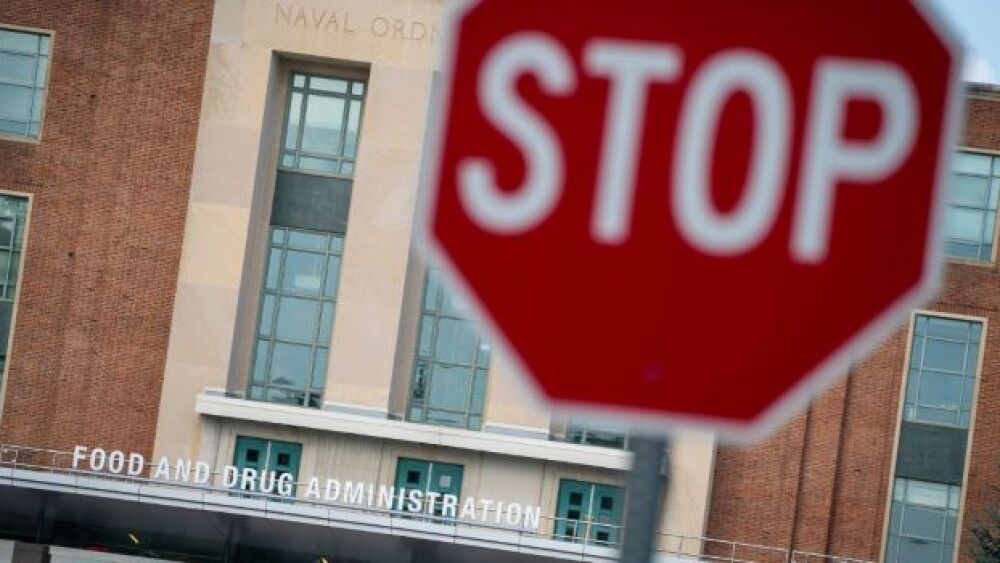The FDA sent an email holding the planned Phase I trial for LB1901 after the first and only patient dosed was found to have low CD4+ T-cell counts in the peripheral blood.
Sarah Silbiger/Getty Images
Legend Biotech‘s clinical trial of its candidate drug for relapsed or refractory T-cell lymphoma was placed on hold effective February 11 after some issues were raised on the first patient dosed.
The U.S. Food and Drug Administration sent an email holding the planned Phase I trial for LB1901 after the first and only patient dosed was found to have low CD4+ T-cell counts in the peripheral blood. Legend Biotech reported the findings to the FDA as per protocol. The patient has not reported any serious adverse event as of this writing and is being closely monitored.
LB1901 is an investigational autologous chimeric antigen receptor T-cell (CAR-T) therapy that targets malignant CD4+ T-cells to treat adults with relapsed or refractory peripheral TCL or cutaneous TCL. CD4 is a surface membrane glycoprotein that’s uniformly expressed in most TCL subtypes.
Legend Biotech announced plans and started participant recruitment for the Phase I study in September 2021 after the FDA granted clearance of its Investigational New Drug (IND) application, with the primary objectives of determining the drug’s optimal dose and characterizing its tolerability and safety, with a time frame of up to two years. After that, the researchers will look into the drug’s safety and tolerability with the recommended dose for expansion identified to determine the parameters of a Phase II study.
The open-label, multi-center and multicohort trial is led by Dr. Swaminathan P. Iyer, a professor of lymphoma and myeloma at The University of Texas MD Anderson Cancer Center.
T-cell lymphoma accounts for less than 15% of non-Hodgkin’s lymphoma cases in the U.S., but PTCL has rare, often aggressive subtypes, resulting in a five-year overall survival rate of only 39%. There are treatment options for PTCL and CTCL, but many patients remain at high risk for relapse. LB1901 aims to address this largely unmet need.
“We are excited by the promise of LB1901, and we look forward to further evaluating the safety and tolerability of LB1901. Determining the optimal dose for subsequent evaluation is one of the key objectives of this trial,” said Dr. Lida Pacaud, the vice president of clinical development at Legend Biotech, in an earlier statement.
Details on the latest directive by the FDA are still thin, but an official clinical hold letter is expected to be sent out by March 11.
The FDA hold comes just a few days after Legend announced that it hit two milestones through its global partnership with Janssen Biotech to develop, manufacture and commercialize ciltacabtagene autoleucel (cilta-cel) for the treatment of multiple myeloma. Legend reportedly got $50 million in aggregate payments for the milestones. The company already received $350 million upfront when the deal was signed.





